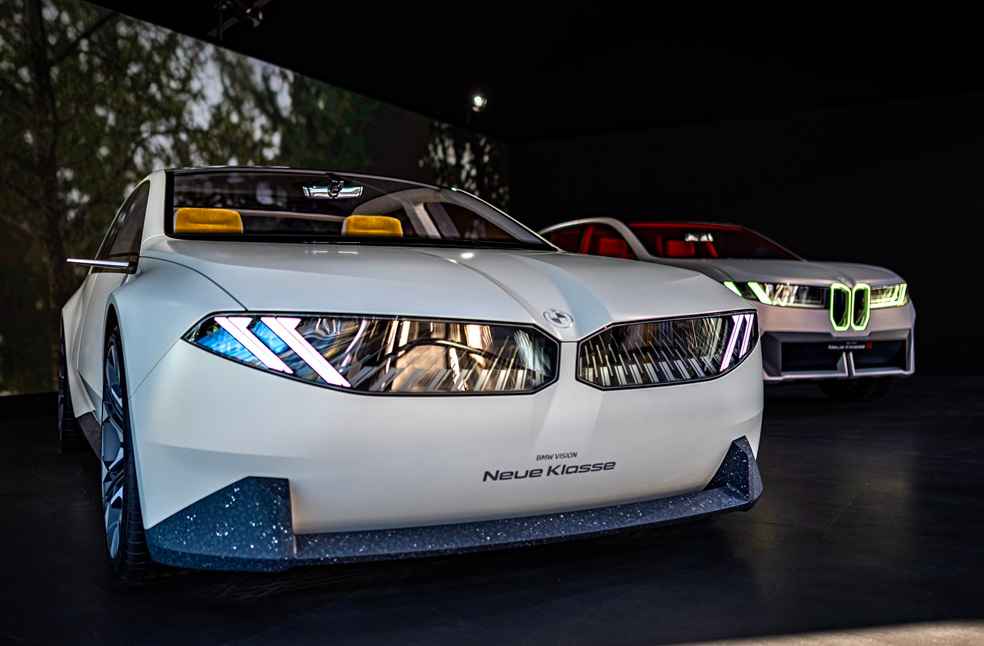The European Union’s auto sector has cautiously welcomed a new trade agreement with the United States, viewing it as a step toward de-escalating recent transatlantic tensions. Industry leaders warn that persistent U.S. tariffs on European vehicle imports continue to pose major challenges, particularly for German automakers.
On Monday, shares of major German car manufacturers, Porsche, Volkswagen, BMW, and Mercedes-Benz, each dropped by over 3%, reflecting market concern over the continued impact of the deal. While the agreement brings relief from the uncertainties that have clouded EU-U.S. trade in recent months, it does not roll back the 15% U.S. import tariff on European vehicles.
The European Automobile Manufacturers’ Association (ACEA) welcomed the deal ‘in principle’ but cautioned that the tariffs will continue to have a negative impact not just for industry in the EU but also in the U.S.

German Chancellor Friedrich Merz acknowledged the agreement as a necessary compromise but admitted it would cause ‘substantial damage’ to the German economy, Europe’s largest. “We couldn’t expect to achieve any more,” he added.
The United States remains a vital market for European carmakers, which exported nearly 750,000 vehicles there last year, around a quarter of the EU’s total car exports. Although the 15% rate is lower than the 27.5% tariff reintroduced by U.S. President Donald Trump in April, it is still significantly higher than the 2.5% duty in place before his return to office.
German automotive analyst Stefan Bratzel estimated that U.S. consumers would absorb about two-thirds of the resulting price increases, while exporters would likely bear the remainder. “We might have to see whether it is possible for cost-cutting somewhere else,” he remarked.
The tariff aligns with terms the U.S. reached in a similar agreement with Japan, another major vehicle exporter. For German manufacturers, whose exports to the U.S. represent roughly 13% of their output, the new duties are expected to cost ‘billions each year,’ said Hildegard Mueller, president of Germany’s national auto association (VDA).

As a result, leading carmakers have revised down their 2025 profit forecasts and begun evaluating strategies to reduce the financial burden. BMW CEO Oliver Zipse suggested that Europe might consider lifting its own tariffs on U.S.-made vehicles, which could benefit firms like his that operate transatlantic supply chains. In 2023, BMW exported 153,000 vehicles from the Americas and imported 92,000 U.S.-assembled cars into Europe.
Mercedes-Benz has also urged policymakers to push for broader trade liberalization. “The deal is a first, important step that needs to be followed by other measures,” a company spokesperson said, encouraging EU-U.S. negotiations to continue toward eliminating trade barriers.
Volkswagen, which manufactures many of its North America-bound vehicles in Mexico, reported a €1.3 billion ($1.5 billion) year-on-year decline in first-quarter earnings due to tariff effects. The company’s Porsche and Audi brands, lacking U.S.-based production, are especially vulnerable. Audi responded by lowering its revenue and profit targets for this year but anticipates a rebound next year.

Volkswagen CEO Oliver Blume has proposed negotiating a side agreement with the U.S., factoring in potential investments his company may make in the American market.
Volvo Cars, owned by China’s Geely Holding, also reported substantial second-quarter losses tied to the ongoing tariffs.
The broader European auto industry, already managing the costly shift toward electrification, is now urging the European Commission to delay the timeline for transitioning to an all-electric market and to introduce supportive stimulus measures. Without further relief, the sector may face production cuts.
Ferdinand Dudenhoeffer, director of the Center for Automotive Research, warned that continued strain could threaten up to 70,000 jobs in Germany alone.
TRENDING | Samsung to Supply AI6 Chips for Tesla in a $16.5 Billion Deal





